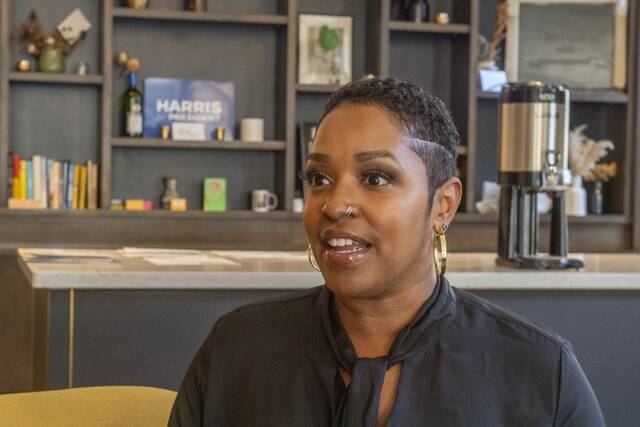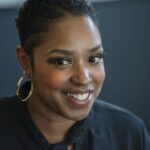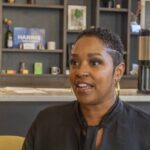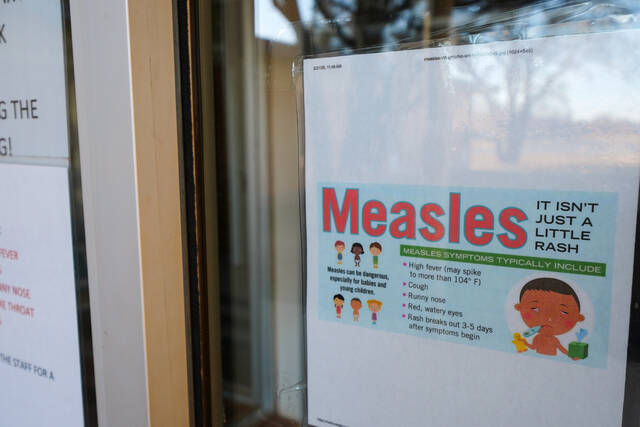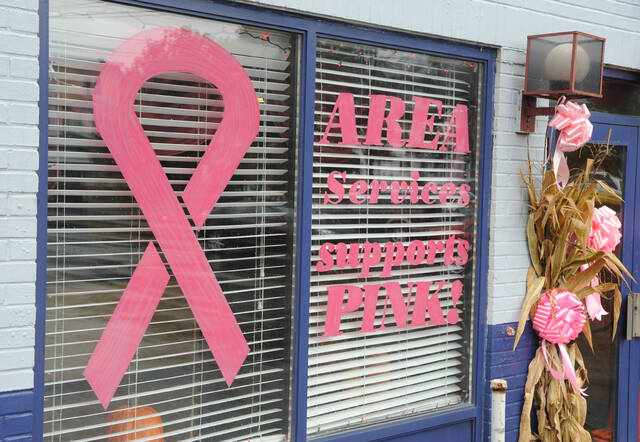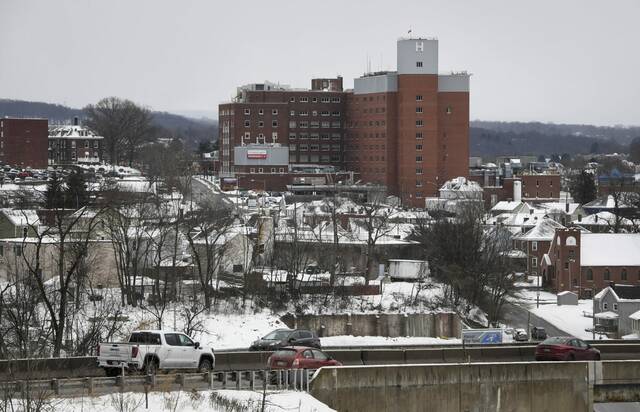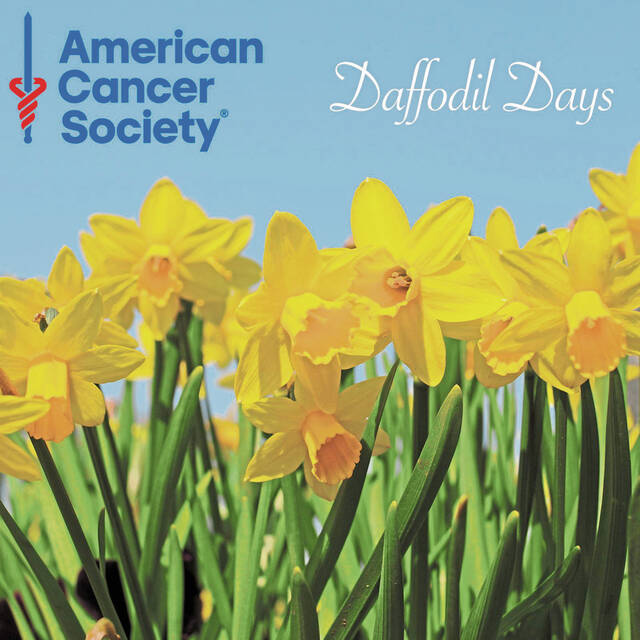Alexis Russell, 40, and her husband, through their contracting firm, Russell General Contracting, are working on the historic restoration of notable buildings across the city, including the August Wilson House, the New Granada Theater and the Greenwood Smithfield Building. Russell’s day may include meetings, contract reviews, emails and site visits to projects. After work, she might be preparing her daughter for cheer practice. It’s a typical onslaught of tasks that come with being a mother, wife, grandmother and entrepreneur.
At the top of her schedule five days a week is radiation.
A year ago, the Penn Hills woman was diagnosed with a rare form of breast cancer.
According to Felicia E. Snead, MD, FASTRO, there is a significantly lower number of Black women who get breast cancer. Incidence in white women is far greater, but Black women tend to have more aggressive tumors.
“We are diagnosed later,” Snead said. “The lesion or cancer is more likely to be larger in size, it’s more likely to have spread to the lymph nodes underneath the arm, and the likelihood of metastasis goes up,” she said.
Survivors say screenings for early detection, advocacy and community conversations can make a difference.
For Russell, it started as a scab on her nipple when she was 39.
“I was late diagnosed, not super late to the point where it is problematic, but I feel like I should have been diagnosed well before when I actually was,” Russell said.
She visited MedExpress, where she was advised to get a mammogram and an ultrasound because it was specifically a breast issue. She received both and was told she had dense breast tissue.
“They said there wasn’t a problem, and I was given some steroid cream to put on the affected area,” Russell said.
The steroid cream worked for a while, but it started coming back. By July 2023, she advocated for another appointment, but the earliest availability was in November. She waited for her six-month follow-up, which was scheduled for November.
On Nov. 22, 2023, imaging and the mammogram again showed nothing. Russell requested a biopsy with the breast surgeon.
“When I went in for the biopsy, the general surgeon looked at me and my breast and said, ‘Oh, this looks like eczema or contact dermatitis.’ I said, ‘But sir, I don’t have eczema on any other part of my body,’” she said.
He discouraged the biopsy, citing its invasiveness and discomfort, but she insisted.
It took two weeks to get the results, but when they came back on Dec. 5, 2023, she read them in disbelief. “It said cancer.”
The breast surgeon was shocked, according to Russell.
By the end of December, she was scheduled for an MRI. Russell’s cancer is Paget’s disease of the breast, a rare form that makes up less than 4% of all breast cancers. It is a cancer that presents on the nipple and typically affects people over 60. She was diagnosed with stage 2.
“I could not feel lumps or bumps or anything … when I had the MRI, my entire right breast lit up like a Christmas tree,” Russell said.
There was cancer throughout her breast and in her lymph nodes. Russell still does not know what caused her cancer.
Snead, who specializes in radiation oncology, is the medical director at UPMC St. Clair, UPMC Hillman, and St. Clair Cancer Center.
“We don’t know yet why Black women have these different outcomes, but we’re starting to get some data,” Snead said. “We’re collecting blood work and doing genetic panels to see if there’s any mutation associated with why Black women or any particular group do worse or better with their cancer.”
By January 2024, Russell began chemotherapy. “The emotional aspect of trying to get through the holidays and sitting with that information was difficult. My 40th birthday was in January, and I was sitting in the chair getting chemotherapy.”
Russell, who had long dreadlocks she’d been growing for four years, took great pride in her hair.
“My medical oncologist told me, ‘You are going to lose your hair’… and I was devastated,” she said.
Dr. Helen Analo, her medical oncologist at AHN Cancer Institute – Forbes in Monroeville, is a Black woman, something Russell said made a difference.
“It made me more comfortable. My first few appointments with her, I was weeping like a baby. She hugged me and understood what losing my hair meant to me as a Black woman,” Russell said.
Analo understood how the radiation would impact Russell’s skin as a Brown-skinned woman.
“Having someone who walks the world and is viewed as you are viewed made it more comfortable for me to go to her with things I wouldn’t say to a white man,” Russell said.
She let her kids cut her hair off, and the next day she went to a friend who dyed the remaining hair in bright colors. But three weeks later, it was all gone. Russell finished chemotherapy on June 5, 2024, and had a radical double mastectomy in July. She is a little more than halfway through her 20 sessions of radiation. After radiation, Russell will begin immunotherapy, a treatment that helps the body to fight disease, by altering the immune system. She will undergo immunotherapy for the next year.
Dayna Delgado, 47, found her lump during a self-breast exam. The Swissvale resident was diagnosed with stage 2 triple-negative breast cancer, a very aggressive and rare form of breast cancer.
The moment Delgado found out she had cancer, she cried.
“But the next day, I just decided that I was going to live the rest of my life like it was the last day,” she said.
Snead recommends annual mammograms start at age 45.
“If you have a disclosure that says you have dense breasts, you should question why or expect additional imaging like a sonogram or an MRI,” she said. Russell’s daughters will be eligible for testing at age 29.
Snead also recommends understanding family history and avoiding extra estrogen. If a first-degree relative has had breast cancer, including parents, siblings and children, it can impact the frequency of mammogram screenings. The breast cancer gene can also manifest as prostate cancer in men, according to Snead.
Delgado has been cancer-free for two years. “Stay positive. Stress will take you out of here faster than any illness,” she said.
Roxanne Easley, 47, an entrepreneur and owner of Roxanne’s Catering, was diagnosed in January 2024 with invasive ductal carcinoma, triple-negative.
“They initially told me to come back and get further testing and an ultrasound, which was not abnormal for me because I have dense breasts,” she said.
There was an urgency to begin treatment. She had a lumpectomy followed by six months of chemotherapy. She went weekly for the first 12 weeks, then every three weeks after. She also had immunotherapy and surgery on Sept. 11, 2024. On Sept. 19, she was told her body was responsive to the chemo, and the chemotherapy had killed the cancer, so when they went in to remove it, it was already gone. Her radiation treatment begins on Nov. 4 for 21 days, five days a week.
“We really don’t know why Black women are more likely to have triple-negative breast cancer, but we know it is true,” Snead said. “And despite triple-negative, Black women do poorer with breast cancer in general, whether it’s triple-negative or not, and I think it’s multifactorial. It has to do with perceived and actual biases in the way women receive care, the way women are educated about care, and the way we access care.”
Easley had no history of breast cancer in her family, but while she was going through her treatment, her mother was diagnosed with lung cancer in April. Then in July, an aunt passed from lymphoma, but it is not something that runs in her family.
“My first question was, ‘Am I going to live?’ When you hear the word ‘cancer,’ it is a big scare,” Easley said. “So you are not sure if you are going to live or die.”
Easley credits her business’s ability to continue to the support of her staff.
“That was a big thing for me. I have to pay for my health care benefits,” she said. “They brought me into a room and told me how expensive this is going to be, and it is.”
According to the National Cancer Institute, the initial cost of treatment for breast cancer begins at $34,979.
Her faith has kept her going.
“Nothing in life is easy when it is worth it, and my life is worth it,” Easley said. “I believe God allowed me to go through this journey to show other people the true meaning of faith and healing.”
Her friends made sure she never went to a chemotherapy treatment alone. “There was always someone to make sure that I stayed positive, and when I was feeling down, they allowed me to express those feelings,” she said. “I decided that I wasn’t going to let this beat me.”
Easley said she has many people who depend on her in life.
Brenda Atkins Lockley said that Black women having multiple people depend on them is nothing new. Atkins Lockley, 77, is from South Hills.
Breast cancer did not run in Atkins Lockley’s family either. She wasn’t really prepared and said she was not very vigilant about mammograms. When she was diagnosed at 75, she noticed a lump protruding from her breast. At first, she thought it was a boil and never considered that it might be breast cancer. She was diagnosed with triple-negative breast cancer and underwent a lumpectomy.
Like Easley, Atkins Lockley stayed encouraged through her faith in God and had the unwavering support of a doting husband and a loving son.
“There is a lot of stress that we carry as Black women because many of us are dealing with issues perhaps uncommon to others … the issue of carrying the family and being the burden bearer, so we put off our own medical care,” Atkins Lockley said.
“This whole idea of why we don’t historically go and see about our own health is because I believe that we’re so focused on others,” she said.
Atkins Lockley worked in the nonprofit space with an organization she founded called Melting Pot Ministries, supporting disadvantaged students in South Park, Bethel Park and Baldwin. Her health was an afterthought. “I was working on something very valuable, but I wasn’t working on me,” Atkins Lockley said.
Now, Atkins Lockley wants to organize a health fair in the South Hills.
“The best way to do this is to start the conversation,” she said. “I can’t prevent something if I don’t do anything about it.”
Other breast cancer survivors, like Kiva Fisher-Green, 53, who has been cancer-free for seven years, have formed an informal breast cancer support group called Noire Warriors.
“I would love to become an official organization and move into advocacy in the future because some of the women that I speak to have had poor medical experiences that could negatively affect their outcomes. Everyone’s fight is different,” Fisher-Green said.
Russell also has a support group with two close friends, one with breast cancer and the other with endometrial cancer. Together, they provide support and a sounding board for one another.
“For the amount of cancer I had, it would have progressed quickly. I wonder where I’d be if I had just accepted what doctors initially told me,” Russell said. “The mammogram was ineffective in identifying the cancer. Mammograms are a great tool, but if a doctor tells you that you have dense breasts, we need to know to push for additional imaging and not let anyone else steer the cart.”
“Speak your mind. If you feel like something is wrong, you can’t be quiet about it,” she said.




